Enter your address to receive notifications about new posts to your email.
Articles tagged Evolution
(105 results)
-
Genome of fiercely protective Fonni’s Dog reflects human history of Sardinia
A genomic analysis of 28 dog breeds has traced the genetic history of the remarkable Fonni’s Dog, a herd guardian endemic to the Mediterranean island of Sardinia. The results, published in this month’s issue of GENETICS, reveal that the regional variety has developed into a true breed through unregulated selection for its distinctive behavior, and that…
-
Hubby & Lewontin: Problems and Conversations
The beautiful cover of the August issue of GENETICS was created by artist Michele Banks to commemorate the fiftieth anniversary of a pivotal moment in the history of evolutionary biology: the 1966 publication of a pair of GENETICS papers using protein electrophoresis to reveal that natural genetic diversity is bountiful. Thanks to a conversation between…
-
Kindred and KhoeSan: African ancestry is tied to ecogeography
Geography and ecology are key factors that have influenced the genetic makeup of human groups in southern Africa, according to new research discussed in the journal GENETICS, a publication of the Genetics Society of America. By investigating the ancestries of twenty-two KhoeSan groups, including new samples from the Nama and the ≠Khomani, researchers conclude that…
-
#TAGC16 Shorts: The fate of duplicates
Guest post by Caroline Berger. #TAGC16 Shorts are brief summaries of presentations at The Allied Genetics Conference, a combined meeting of seven genetics research communities held July 13-17, 2016 in Orlando, Florida. You might remember the flickering cilia of little Paramecia from the classroom, where these ciliate species can be easily observed with a binocular…
-
Kimura & Crow: Infinite alleles
For two weeks in the summer of 1953, Motoo Kimura enjoyed a welcome respite from loneliness and the austerity of post-war Japan. Crossing the Pacific from Yokohama to Seattle to commence PhD studies at Iowa State University, Kimura played deck golf, enjoyed full service meals, and napped to the soothing vibrations of the venerable passenger…
-
#TAGC16 Shorts: What if gene expression timing matters more than abundance?
Guest post by Christian R. Landry. #TAGC16 Shorts are brief summaries of presentations at The Allied Genetics Conference, a combined meeting of seven genetics research communities held July 13-17, 2016 in Orlando, Florida. When building new phenotypes, evolution often draws on mutations of the intricate mechanisms that regulate gene expression. If such regulatory mutations are…
-
#TAGC16 Shorts: the bursting bubble of harmful mutations
Guest post by Tyler Kent. #TAGC16 Shorts are brief summaries of presentations at The Allied Genetics Conference, a combined meeting of seven genetics research communities held July 13-17, 2016 in Orlando, Florida. Purging harmful mutations is the most common task of natural selection. In non-recombining populations this background selection process represents the “survival of the…
-
#TAGC16 Shorts: ancient roots of arthritis
#TAGC16 Shorts are brief summaries of presentations at The Allied Genetics Conference, a combined meeting of seven genetics research communities held July 13-17, 2016 in Orlando, Florida. Elbows, knuckles, and the other synovial joints in your body are mobile marvels of evolution. These joints allow a huge range of possible movements thanks to the presence of…
-
Genetic test helps ponies leave the past behind
For the past several decades, Shetland ponies’ collective past had caught up with them. A portion of the population of these miniature horses is affected by atavism, a phenomenon in which ancient characteristics are accidentally revived by mutations. Traits reincarnated in this way sometimes interact disastrously with the genetic background of the modern organism. For…
-
Selfish self-fertilization hampers adaptation
When finding a mate is difficult, self-fertilization offers a tempting solution by increasing the number of offspring an individual can produce. But although “selfing” provides a stopgap solution when mates are scarce, it is frequently an evolutionary dead end; when environmental conditions change, species with high selfing rates seem prone to extinction. In an article…
-
How bacteria dodge new antibiotic candidates
Antibiotics, a vital tool for fighting infections, were originally products of nature—the first antibiotic was serendipitously discovered in mold contaminating a bacterial culture. As antibiotic resistance becomes an increasingly serious threat, scientists are attempting to wring another type of pathogen-fighting drug from the wild: antimicrobial peptides. Antimicrobial peptides, or AMPs, are found in almost every…

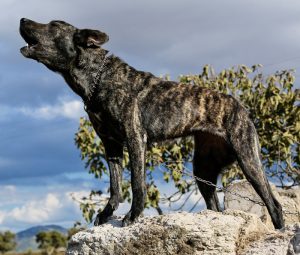
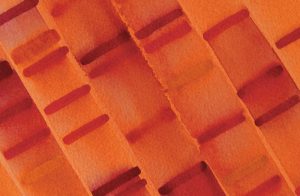
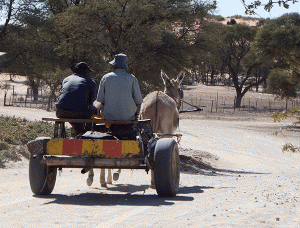
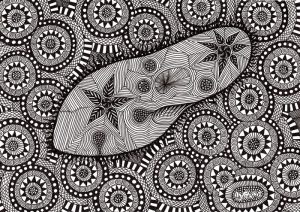


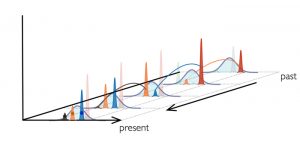
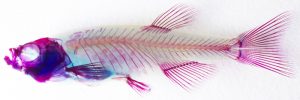
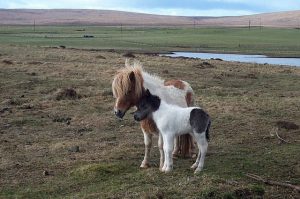
![Helonias bullata, a species threatened with extinction. Its low genetic diversity, a factor contributing to its decline, may have been caused by a high rate of self-fertilization. By Hedwig Storch (Own work) [CC BY-SA 3.0 (http://creativecommons.org/licenses/by-sa/3.0)], via Wikimedia Commons.](https://s36063.pcdn.co/wp-content/uploads/2016/07/1024_Helonias_bullata_Arktisch-alpiner_Garten_Chemnitz-0931-e1467579681557-300x197.jpg)
![Molecular model of penicillin, the first antibiotic discovered. Later, antimicrobial peptides were also found to have antibiotic properties. By Science Museum London / Science and Society Picture Library [CC BY-SA 2.0 (http://creativecommons.org/licenses/by-sa/2.0)], via Wikimedia Commons.](https://s36063.pcdn.co/wp-content/uploads/2016/06/Molecular_model_of_Penicillin_by_Dorothy_Hodgkin_9663803982-300x212.jpg)